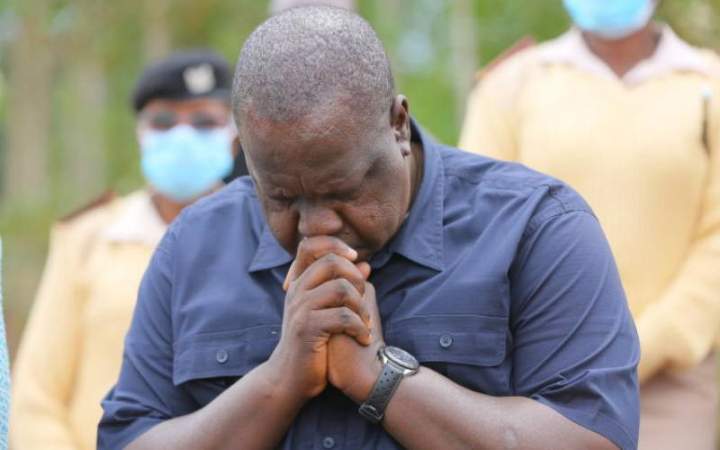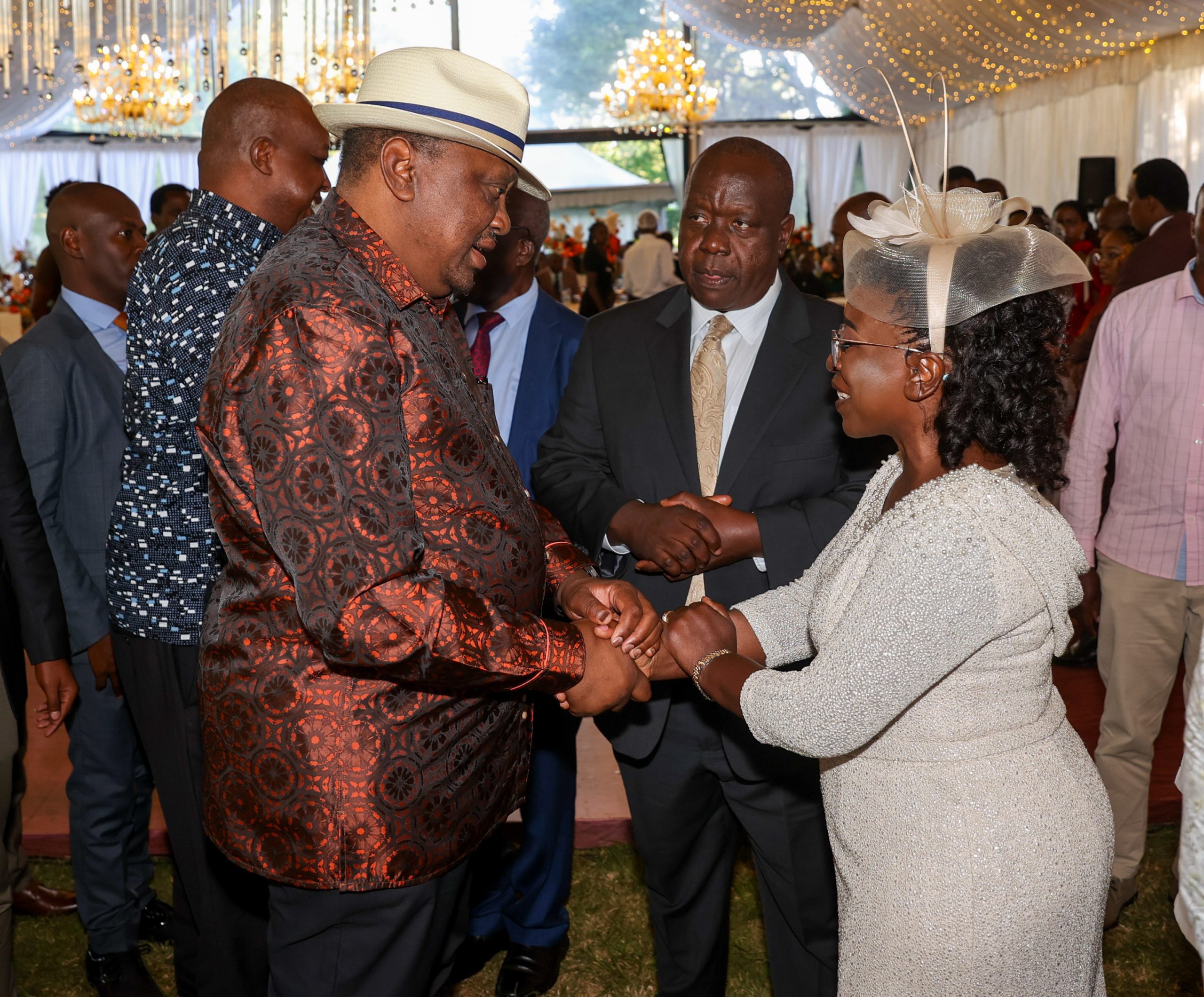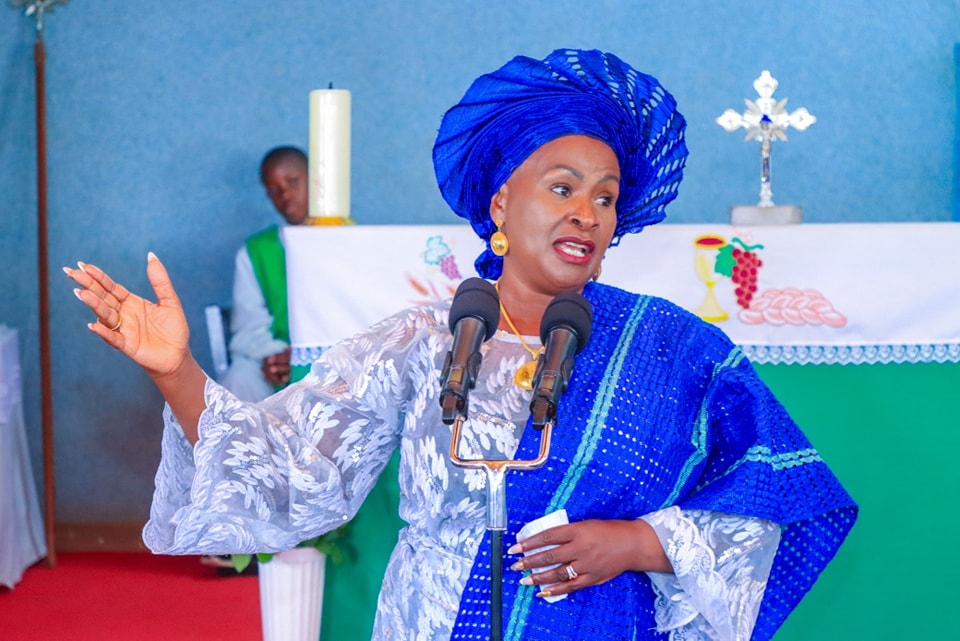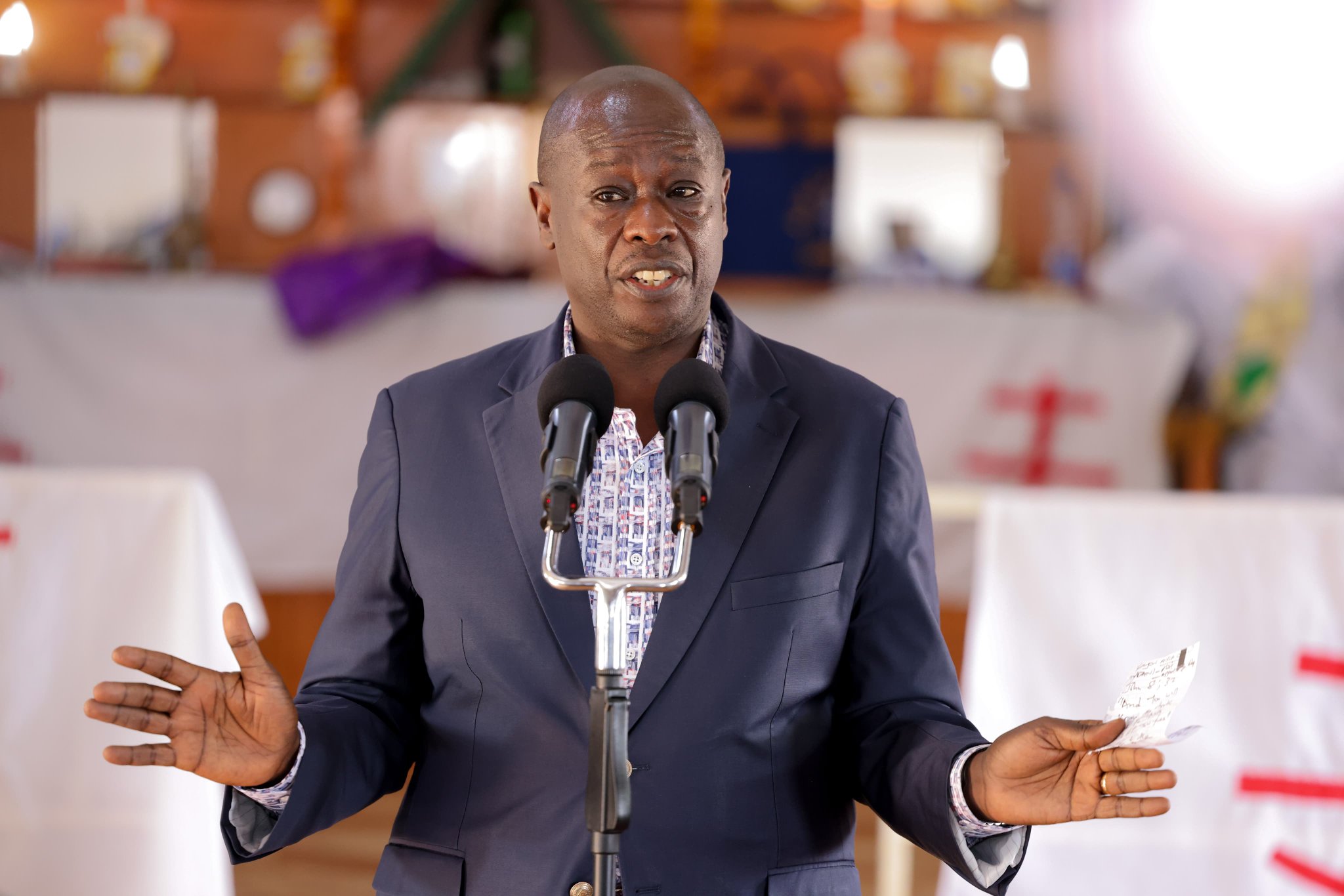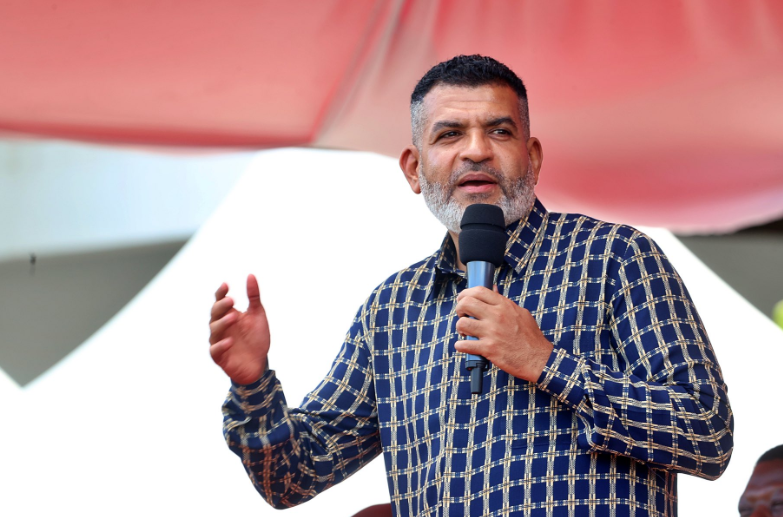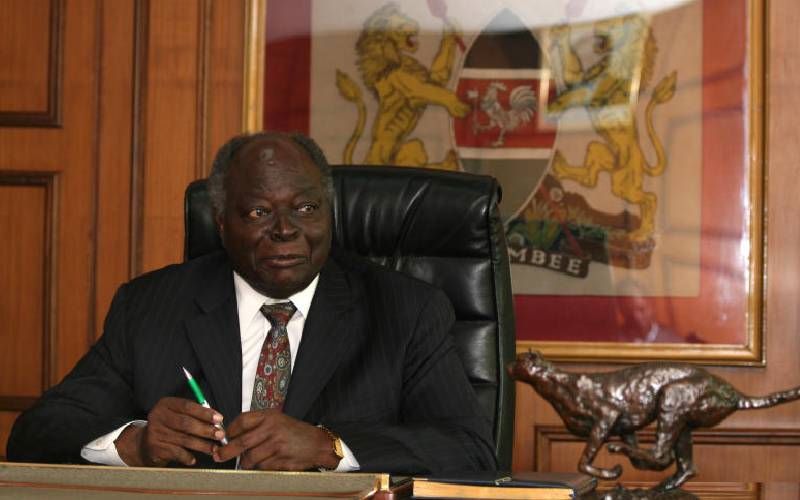CBK boss denies alleged shortage of Ksh200 notes amid voter bribery claims
Central Bank of Kenya (CBK) governor Patrick Njoroge has reacted to the alleged shortage of Ksh200 banknotes in the country.
This is following claims by Interior CS Fred Matiang’i that there was a shortage of the notes in circulation.
Enough supply
Reacting to the claims, the CBK boss said he was not aware of the claims, noting that they have enough supply for the notes.
In fact, Njoroge says that they recently supplied the common notes to banks to a tune of KSh 2.1 billion.
He stated that a low supply of bank notes would, in a way, affect the economy.
We supply notes as demanded by banks. For example, we supplied the equivalent of 2.1 billion KSh 100 notes in July. So we have a lot of stock of it
“When a bank demands, we provide. It is our job to ensure that we have a constant supply of needed legal tenders for the sake of the economy,” the CBK boss said.

CS Fred Matiang’i on shortage of Ksh200 banknotes
Speaking during the launch of the inaugural Money Laundering and Terrorism Financing National Risk Assessment Report (2021), Matiang’i said the banks are facing a shortage of KSh 200 and KSh 100 notes.
The CS said the money is being used to bribe voters in a bid to influence their decisions ahead of the poll.
He advised Kenyans to desist from voting for politicians with such intentions and instead vote for leaders determined to wipe out such individuals.
“If you put these people into elective positions do you think they will actually firm up the regulatory environment? It is a question we have to ask ourselves,” CS Matiang’i said.

Money laundering
The Interior CS said decisions made by voters in the forthcoming election will be critical in the war on terror financing and money laundering in the country.
“Either we elect a government that will not fight money laundering because that is its way of life and we will not achieve anything or elect a government that is against money laundering, with integrity and will join all of us in fighting these challenges,” he said.
He also said that people in business are involved in money laundering activities as witnessed during the transition from the old currency to the new one.
“Car dealers changed billions of shillings. How many cars do you need to sell to be able to have billions and all these dealers are friends of senior politicians? They are now the ones financing all these KSh 200 and KSh 500 notes in the villages and so on,” CS Matiang’i added.

